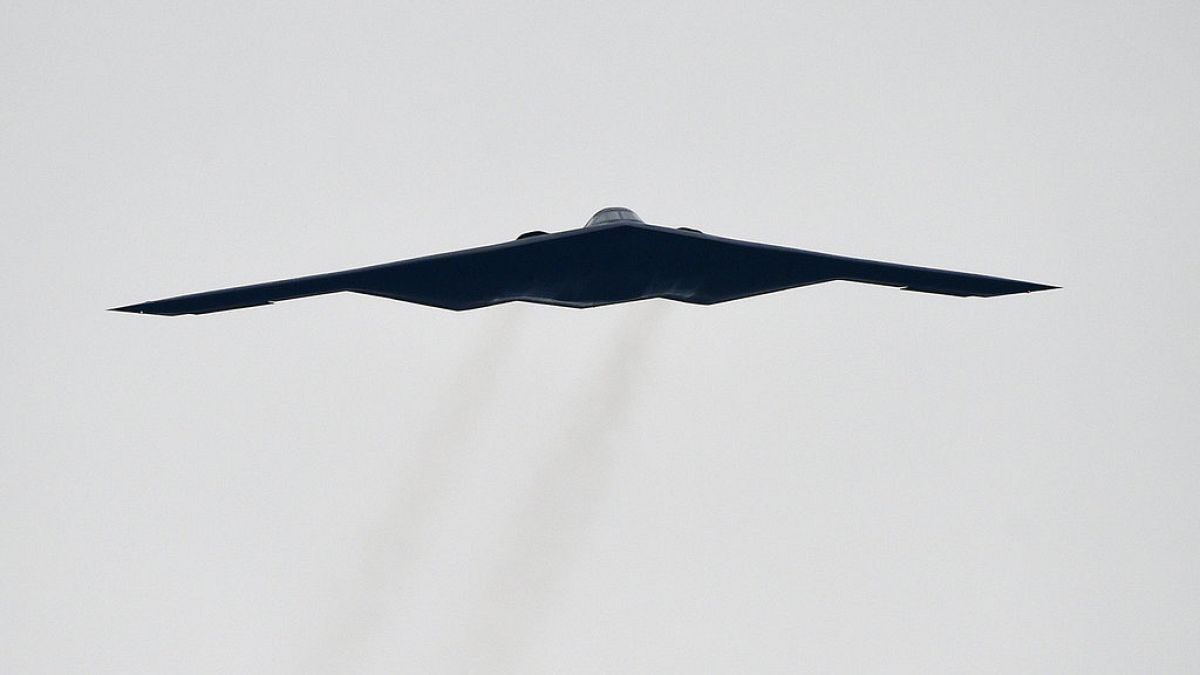

In the wake of escalating tensions in the Middle East, the situation between Israel and Iran continues to develop, drawing international attention. As the conflict enters its second week, new actions and reactions are unfolding with significant implications.
Recent reports indicate increased movement of U.S. aerial refueling tankers, a strategic move that underscores President Donald Trump’s contemplation of potential involvement in the ongoing Israel-Iran confrontation. This development follows a series of exchanges between the two nations, with Israel striking Iranian targets, including the Arak heavy water reactor, and reportedly neutralizing key military figures within Iran. In retaliation, Iran has launched a multitude of attacks, some reportedly targeting Israeli cities, while also possessing an advanced missile arsenal capable of reaching over 2,000 kilometers.
This uptick in military activity persists despite diplomatic efforts that have so far yielded no substantial progress. Meetings in Geneva between European diplomats and Iran’s foreign minister aimed at de-escalating the conflict ended without a significant breakthrough. According to experts, such engagements are crucial in mitigating the threat of a prolonged conflict, with the potential to destabilize the entire region.
The international ramifications of the ongoing conflict extend beyond immediate military engagements. Yemen’s Houthi movement, already embroiled in conflict, has threatened to target U.S. ships in the Red Sea should American forces actively participate in operations against Iran. This is particularly concerning given the strategic importance of the Red Sea as a vital maritime corridor.
Adding to the complexity, statements from Turkey’s President Recep Tayyip Erdogan signal support for Iran amid the conflict, highlighting the intricate web of alliances and interests in the region. Meanwhile, the humanitarian situation in areas such as Gaza remains dire, with recent reports indicating numerous casualties as populations face ongoing military operations and limited access to humanitarian aid.
The possibility of U.S. involvement in the conflict, while currently under consideration, poses questions regarding the long-term objectives and potential consequences. Analysts caution that while U.S. participation might initially bolster Israeli efforts, it could lead to unforeseen complications, underscoring the intricate balance of power and the potential for unintended consequences in an already volatile environment.
Despite these tensions, voices within international diplomacy continue to emphasize the importance of negotiated solutions over military action. The complex narratives surrounding the conflict demand careful examination as stakeholders across the globe call for restraint and a return to dialogue.
The current state of affairs illustrates the nuances of geopolitical strategies where military prowess, diplomatic engagements, and international relationships intersect. As the world watches these events unfold, the path forward remains uncertain, inviting calls for a mindful approach to conflict resolution that prioritizes peace over prolonged warfare.
Source: {link}
